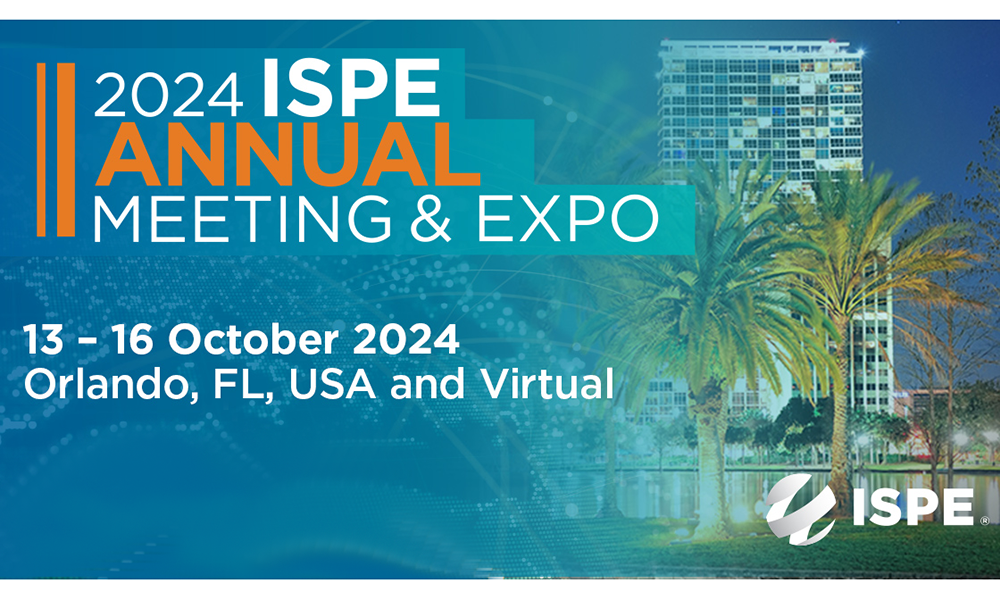One of the most interesting and topical sessions in the SCOPE track will be Drug Shortages and Meeting Supply Chain Challenges. During the pandemic, supply chain issues were discovered across the board, from toilet paper to computer chips. Drug shortages have the potential to be the most impactful to the health of people throughout the world. Drug shortages and the concept of business continuity are topics of significant interest to manufacturers, regulators, policymakers, health care professionals, and, most importantly, patients. Per the FDA, “A high percentage of drugs have been, and continue to be, sterile injectables, including chemotherapy, anesthesia, and other acute drugs.” One key to improving our drug supply chain and reducing the risk of drug shortages is to take the lessons learned in the early part of the COVID-19 pandemic and apply them to make an even more robust supply chain.
The slow pace of post-approval changes can also impact the supply chain and has the potential to create drug shortages. While the purpose of post-approval changes is typically to improve the quality of the product by incorporating a new understanding of the drug or process, approval of these changes can take months or years. In 2020-2021 we saw that the review and approval process for a new drug could be very fast, with emergency approval of the COVID vaccine in late 2020 and full approval expected in the 3rd or 4th quarter of 2021. As part of this session, we will dive into how to streamline the post-approval change process and perhaps not have to wait for an emergency to innovate approved drugs.

Cell and Gene Therapies (CGTs) are a growing field that is also experiencing growing pains. The science of these innovative therapies is incredible, but so are the logistics and costs around supply chain and process efficiency. I have been working in the CGT field over the past few years and have seen, first hand, how the shift from million-dose batches to single patient “batches” has affected the facilities, utilities, and processes. Instead of a facility with five or even twenty bioreactors, you will now have over one hundred smaller reactors. he sheer number of systems in these facilities requires a great deal of material. It can create material/process/personnel/waste flows that can lead to inefficiency and increase the Cost of Goods (COG). In the session Innovations in Supply Chain and CGT Operations, the presenters will use their design and operational experience to lay out some of these challenges specific to CGT and demonstrate how proper design and materials planning can reduce the COG and lead to lower cost CGT therapies for the patients that need them.
Many people only think about biopharmaceutical packaging when opening a child-resistant cap or poking through the foil and removing the cotton to get to the ibuprofen. In reality, the Packaging Excellence part of SCOPE is a critical aspect in drug manufacturing. A container closure system refers to the sum of packaging components that together contain and protect the dosage form. In the Packaging and Supply Chain Improvement session, Container Closure Integrity (CCI) will be addressed, emphasizing balance and optimization of the critical variables using strong process information.
During ongoing operations, paper-based systems produce even more paper but very little data. As a result, many important pieces of information can get lost because the people executing the work do not also have time to make detailed notes of their experience with the SOP or work instruction. Digital work instructions are a tool that is becoming more and more prevalent. Digital work instructions can help personnel be more efficient while capturing critical data can allow manufacturing, QC, and warehouse managers to more quickly improve the way task steps are executed. In our session, Improving Operations Through Efficiency, presenters from the manufacturing and software sides will discuss the IT challenges and the impact to business and regulatory to consider when implementing this exciting technology.
After the challenges of 2020 and the hope/continuing challenges presented by 2021, we look forward to hosting the SCOPE track at the 2021 ISPE Annual Meeting & Expo in Boston, MA. We hope you can join us and participate in our sessions to learn more about how the global pandemic is shaping our thoughts about supply chain management, discuss some of the new and innovative approaches to facility design and operations, and take a deeper dive into some of the science of packaging. I hope to see you there!
Learn More & Register





